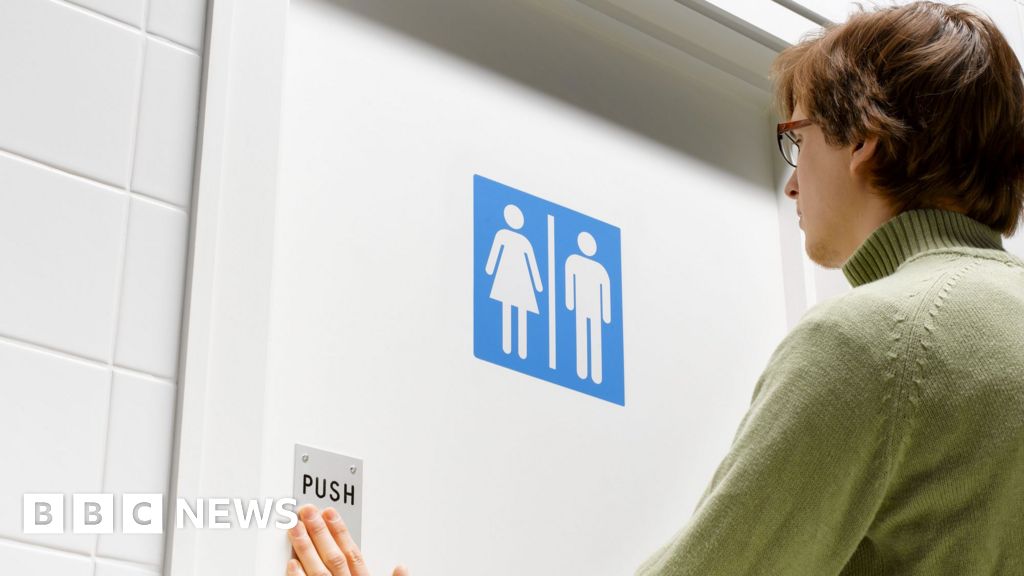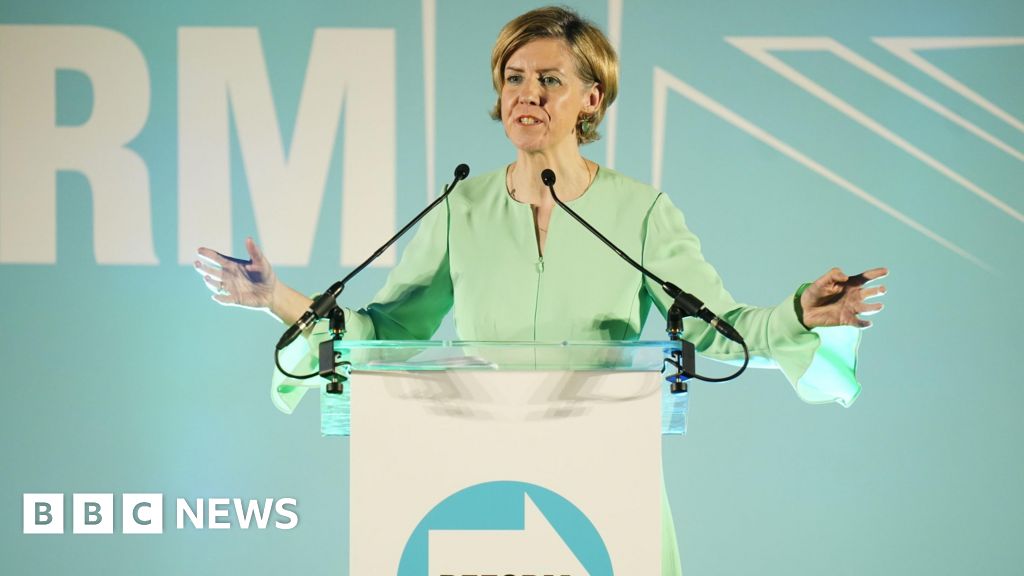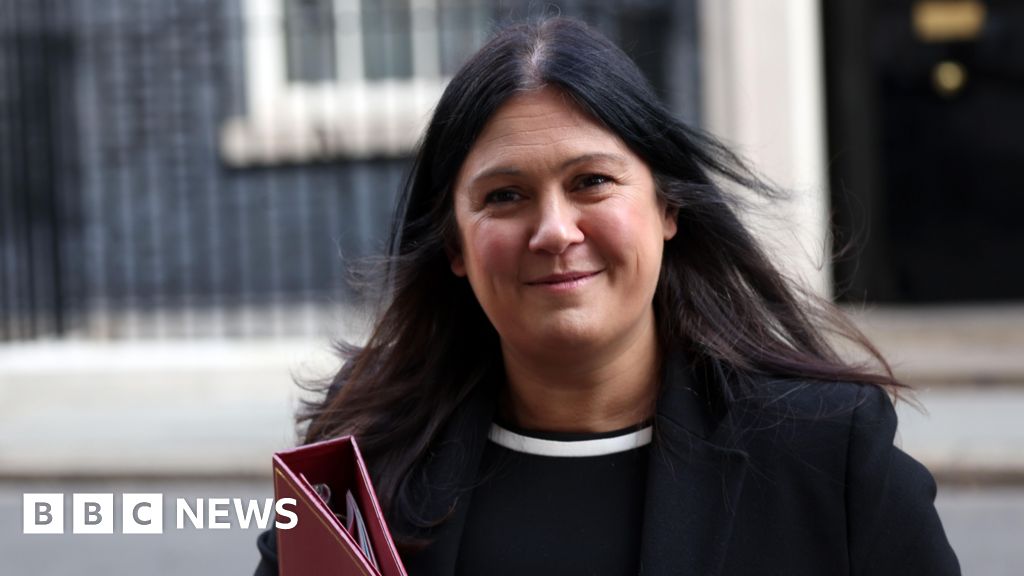ARTICLE AD BOX
Culture Secretary Nadine Dorries has said the next announcement about the BBC licence fee will be the last - and it was time to discuss new ways to fund and sell "great British content".
She said "the days of the elderly being threatened with prison sentences and bailiffs knocking on doors" were over.
Her comments comes as reports suggest the government is expected to freeze the £159 licence fee for two years.
The government has not confirmed this. The BBC has declined to comment.
The licence fee's existence is guaranteed until at least 31 December 2027 by the BBC's royal charter, which sets out the BBC's funding and purpose.
Money raised from the licence fee pays for BBC shows and services - including TV, radio, the BBC website, podcasts, iPlayer and apps.
Lengthy negotiations have taken place between BBC bosses and the government over a future funding settlement, with the idea of freezing the licence fee discussed back in October.
A government source told the BBC discussions over the licence fee were ongoing.
But they said the culture secretary recognised pressure on people's wallets - and the licence fee was an "important bill" for people on low incomes and pensioners, which ministers could control.
Previously, Ms Dorries said she thought the BBC should exist, but it needed to be able to take on competitors such as Netflix and Amazon Prime.
At the Conservative party conference in October when she was new to the role, Ms Dorries said the broadcaster needed "real change" in order to represent the entire UK and accused it of "groupthink".
The BBC was "a beacon for the world", she said, but she thought people who had worked their way up had a similar background, a certain political bias and thought and talked the same.
This licence fee announcement will be the last. The days of the elderly being threatened with prison sentences and bailiffs knocking on doors, are over.
Time now to discuss and debate new ways of funding, supporting and selling great British content. https://t.co/sXtK25q27H
The BBC is not responsible for the content of external sites.View original tweet on Twitter
In 2020, people over the age of 75 began paying for their TV licence, which had previously been free.
The BBC said continuing to fund free licences for all older viewers would have force it into "unprecedented closures" of services. In 2019, Prime Minister Boris Johnson said the BBC should "cough up" and cover the cost.
TV licence evasion itself is not an imprisonable offence. However, the government says non-payment of the fine, following a criminal conviction, could lead to a risk of imprisonment - "a last resort" after other methods of enforcement have failed.
Last year, the government decided not to move ahead with plans to decriminalise non-payment of the TV licence fee, but said it would "remain under active consideration".
And so as the BBC turns 100, a British government officially turns against the licence fee as the best way to fund it.
Nadine Dorries is not arguing against the existence of the BBC, but is now formally opposed to a compulsory levy on households that own a TV. She argues that it potentially criminalises the vulnerable, including the elderly.
Defenders of the licence fee argue it is the least bad mechanism, and moving to a Netflix-style subscription model would force the BBC to serve subscribers rather than be universal.
It comes after lengthy negotiations between the government and the BBC over the future funding settlement.
Dorries tweeted a link to a Mail on Sunday article suggesting that, amid a cost of living crisis, the fee would be held at £159 for two years - amounting to a real terms cut of billions.
The BBC is also under relentless financial and creative pressure from streaming giants such as Apple and Amazon.
Its future depends above all on whether it can persuade young people to pay for it.

 3 years ago
34
3 years ago
34








 English (US) ·
English (US) ·